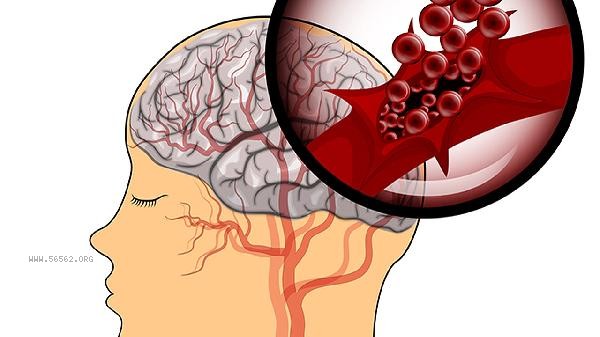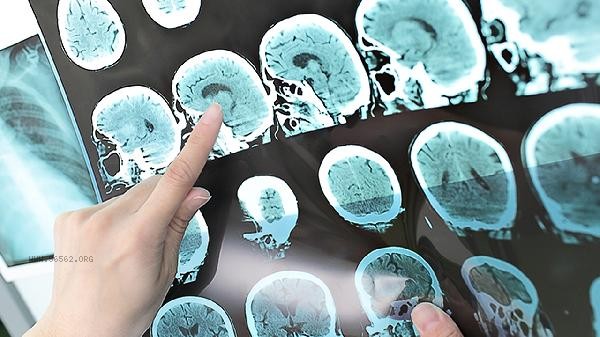Sudden transient memory loss in the 12-year-old brain may be related to factors such as sleep deprivation, emotional stress, hypoglycemia, epileptic seizures, and concussion. Intervention can be achieved through adjusting daily routines, psychological counseling, supplementing nutrition, medication treatment, medical examinations, and other methods.

1. Lack of Sleep
Long term sleep deprivation in children can lead to temporary dysfunction of the cerebral cortex, manifested as temporary memory gaps or delayed thinking. Parents are advised to help their children establish a fixed sleep schedule, avoid using electronic devices before bedtime, and create a quiet and dark sleeping environment. If you have insomnia, you can try non pharmacological interventions such as soaking your feet in warm water or relaxing with light music.
2. Emotional stress
Psychological pressure such as academic competition or family conflicts may trigger psychogenic forgetting, usually accompanied by anxiety and tension. Parents need to observe whether their children have recently experienced school bullying, exam setbacks, and other events, and use psychological counseling such as parent-child communication or sand table games to relieve stress. Continuous emotional abnormalities require consideration of child psychological counseling.
3. Hypoglycemia [SEP]: Blood sugar fluctuations caused by breakfast loss or excessive dieting may lead to insufficient energy supply to the brain, resulting in dizziness and temporary confusion. Suggest preparing healthy snacks such as nuts and whole wheat bread to cultivate regular eating habits. Children with diabetes need to pay special attention to monitoring blood sugar and take glucose tablets with them for emergency.
4. Seizures

Partial seizures may only manifest as memory interruptions of seconds to minutes, and EEG examination can provide a clear diagnosis. If the seizure is accompanied by limb twitching or gaze symptoms, antiepileptic drugs such as sodium valproate and levetiracetam should be used according to medical advice. Avoid letting children swim alone or engage in high-altitude activities.
5. Cerebral Concussion
Retrograde amnesia that occurs after a slight head impact is easily overlooked and is commonly seen in sports injuries or accidental falls. Within 24 hours after injury, closely monitor for vomiting and drowsiness, and if necessary, perform a head CT scan to rule out intracranial hemorrhage. During the recovery period, vigorous exercise should be restricted to ensure adequate rest.
It is necessary to ensure that children consume foods rich in lecithin, such as eggs and deep-sea fish, to promote brain cell repair in daily life, and to engage in aerobic exercises such as skipping rope and swimming to improve brain blood circulation. If memory loss occurs frequently or is accompanied by other neurological symptoms, it is necessary to seek medical attention promptly at a pediatric neurology department and complete magnetic resonance imaging and other examinations to rule out organic brain lesions. Parents should record the specific manifestations and duration of seizures to provide reference for doctors' diagnosis.









Comments (0)
Leave a Comment
No comments yet
Be the first to share your thoughts!